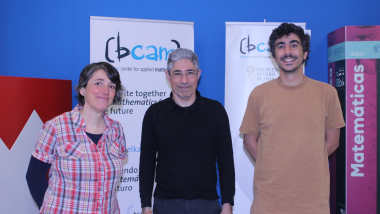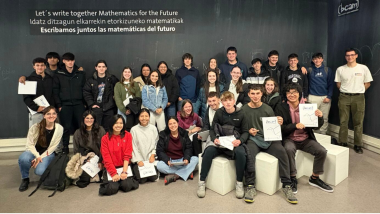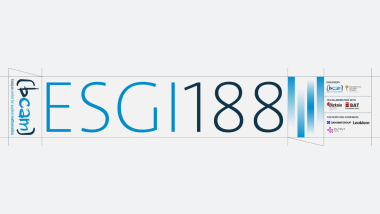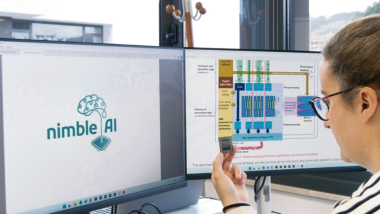IKUR Quantum Talks The coming decade of quantum simulators
17/05/2023 19:00
Bastida Hall – Azkuna Center – Bilbao
Language: English / Simultaneous Translation: Basque and Spanish
Free admission
Maciej Lewenstein, Physicist
The Institute of Photonic Sciences (ICFO)
Quantum simulators are an emerging quantum technology poised to revolutionize fields such as materials science, drug discovery, and chemistry, ushering in a new era of scientific discovery and technological innovation.
Quantum simulators can model complex quantum systems that are far beyond the capabilities of conventional computers. This will make them an invaluable tool for researchers looking to develop new materials, optimize chemical reactions, or solve the equations governing the dynamics of elementary particles to unlock the secrets of the universe.
Even before the advent of full-fledged universal quantum computers, we can expect to see significant advances enabled by quantum simulators in diverse fields of science and technology. As they become more powerful and more widely adopted, quantum simulators are sure to foster collaborations between researchers across different fields of science, leading to discoveries and breakthroughs that were once thought impossible.
Maciej Lewenstein (Warsaw 1955) is a renowned physicist who has made significant contributions to a broad range of fields, including quantum optics and quantum information. He is currently leading a team of twenty-five scientists as an ICREA Research Professor at the The Institute of Photonic Sciences (ICFO) in Catalonia. In this lecture, he will explore the golden future of quantum simulators and the exciting possibilities they hold for scientific research and technological advancement.
One of Lewenstein's most important contributions relates to quantum simulation with ultracold atoms. His work has shown how atomic gases can be used to mimic the quantum-many-body dynamics of systems, which are otherwise intractable for standard computers. He has also made important contributions to the field of quantum information, particularly in entanglement theory.
Lewenstein has published over six hundred papers and six books, and he has received numerous national and international prizes, including the "Polish Nobel" Prize of Fundacja Nauki Polskiej, the EPS Quantum Optics and Electronic Prize, and the Willis Lamb Prize. He is a foreign member of the Polish Academy of Sciences and a member of the Academia Europea. He is also the recipient of three ERC Advanced Grants and has been a Highly Cited Researcher for seven consecutive years from 2014-2020.
Ikerbasque researchers Geza Giedke, from the Donostia International Physics Center (DIPC), Enrique Rico, from the University of the Basque Country (UPV/EHU) and Jean Bernard Bru from the Basque Center for Applied Mathematics (BCAM-UPV/EHU), leaders and specialists in quantum technologies in the Basque Country, have initiated the IKUR Quantum Talks series to raise awareness of the scientific basis and potential of quantum technologies.
This series of conferences is part of the IKUR Strategy promoted by the Department of Education of the Basque Country with the support of NextGenerationEU funds through the Complementary Plans (PRTR-C17.I1).
This first talk can be followed in streaming through the DIPC YouTube channel:
Related news
About the center
About the center




